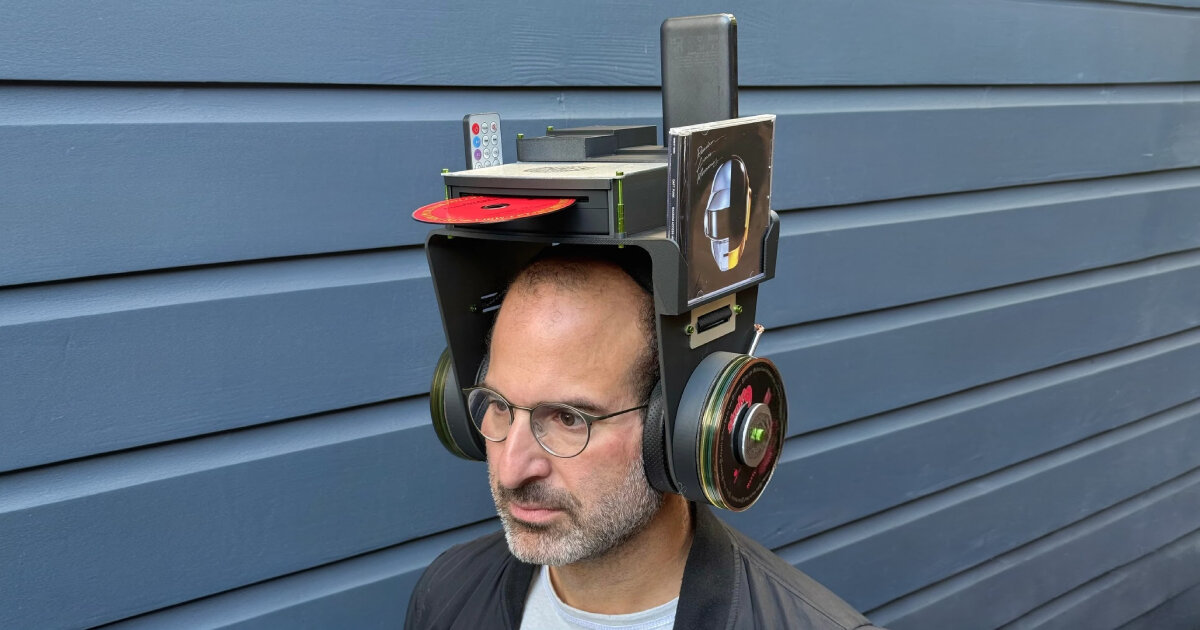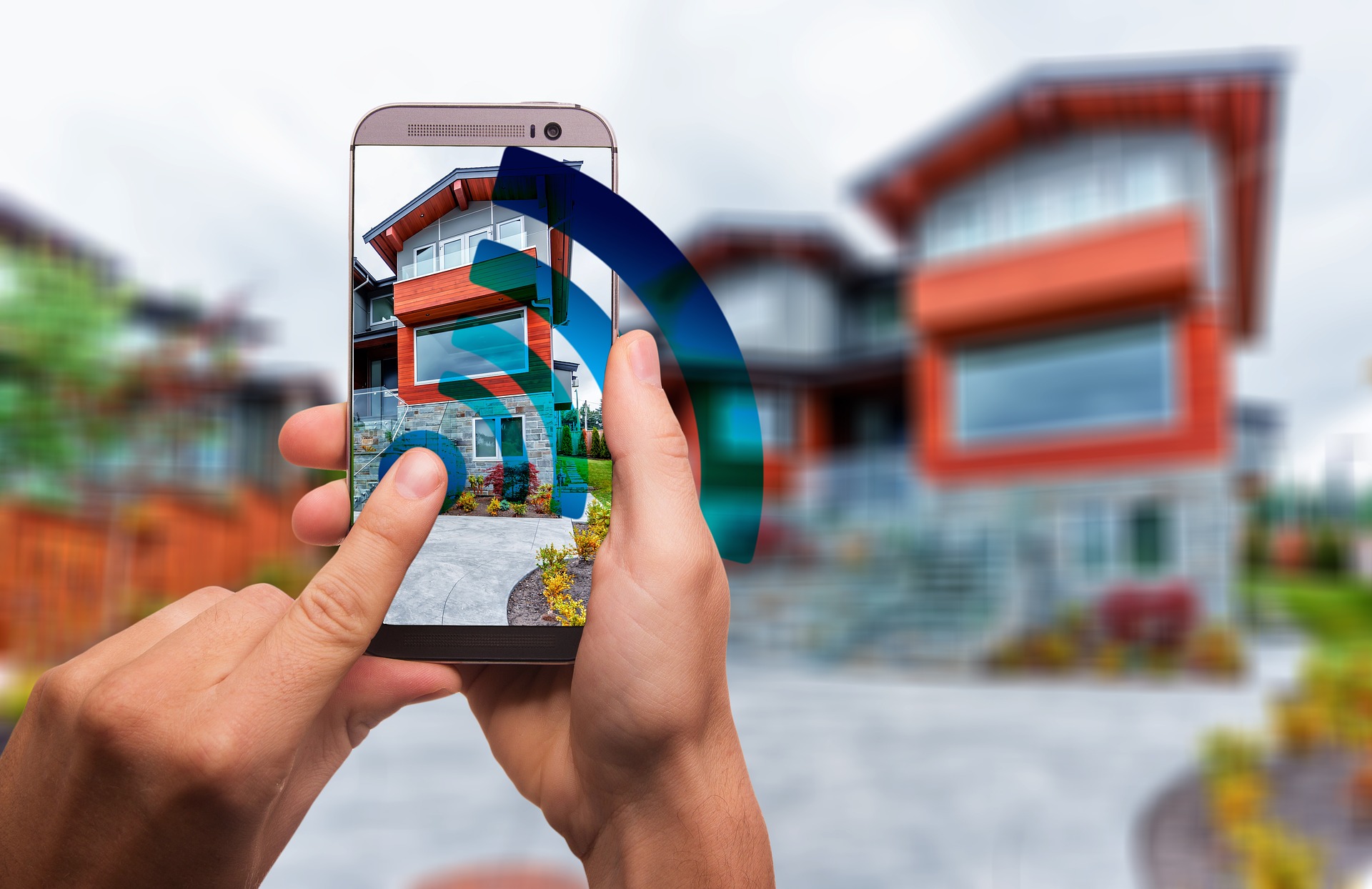Apple’s Bold Move: Will a Robot Change Your Smart Home Forever?

What if your home assistant was more than just a voice in a speaker? Picture this: a robotic friend on a motorized arm, capable of following you around, engaging in conversations, and making your life a whole lot easier. That’s exactly what Apple is aiming to bring to life with its ambitious plans for artificial intelligence, and the world of smart homes is about to change dramatically.
Apple is revamping its approach to AI, aiming to leapfrog competitors like Google and Amazon that have dominated the smart home landscape. After years of being criticized for lagging in the generative AI race, the tech giant is investing heavily in futuristic hardware and intelligent software that could redefine how we interact with technology. According to a recent report by Bloomberg, Apple’s new strategy could not only change the way individuals utilize technology at home, but also transform their entire daily routines.
At the heart of this initiative is an innovative robotic tabletop assistant slated for release in 2027. Imagine an iPad mounted on a motorized arm, capable of moving around, following your gaze, and engaging you in real conversations. This little assistant could take your video calls to a new level by tracking your face, keeping your schedule organized, and even providing real-time suggestions based on your discussions. Whether it's suggesting a restaurant during dinner or helping you plan a spontaneous trip, Apple envisions AI becoming a true member of the household, rather than just a voice in a box.
But it doesn’t stop there; a revamped Siri is central to all of Apple’s smart home products. Dubbed “Linwood,” this new version of Siri is set to revolutionize how we interact with our devices. It promises to handle complex queries, remember past conversations, and even exhibit a visual ‘personality’ that makes interactions feel more genuine. Picture Siri with a playful animated look, inspired by Apple’s Memoji and Finder icons, making conversations not just functional but also fun.
Moreover, Apple is gearing up to introduce a smart speaker with a screen, codenamed J490, anticipated to launch in 2026. This device will run on a brand-new operating system called “Charismatic,” enabling users to control their homes, enjoy music, and make video calls while recognizing faces to deliver a personalized experience. It’s about making technology better integrated into our lives.
Security is another area Apple is diving into. The company is developing home security cameras that leverage facial recognition technology, competing directly with established products like Amazon’s Ring and Google’s Nest. These cameras could automatically adjust your home environment—turning off lights when rooms are empty or playing music tailored for the person entering.
With the launch of the Vision Pro headset receiving mixed reviews and the iPhone design stagnating, this new wave of hardware is crucial for Apple. As Tim Cook, Apple’s CEO, emphatically told his team, “We must win in AI.” With products slated for imminent release alongside longer-term plans, the stakes couldn’t be higher. If Apple successfully executes this plan, the coming years could be transformative, echoing the significant shifts we saw with the launch of the iPhone. Apple is aiming high, and what happens next could redefine the smart home experience as we know it.




























